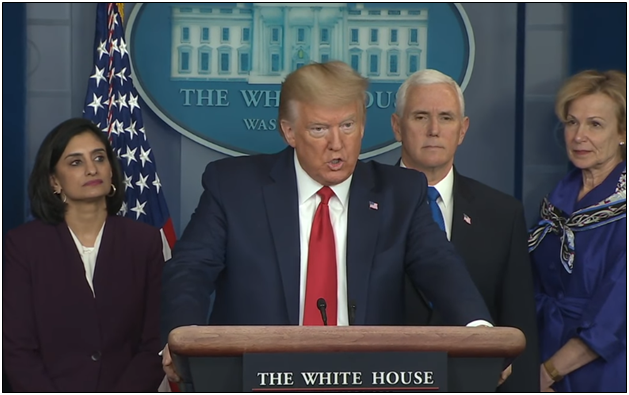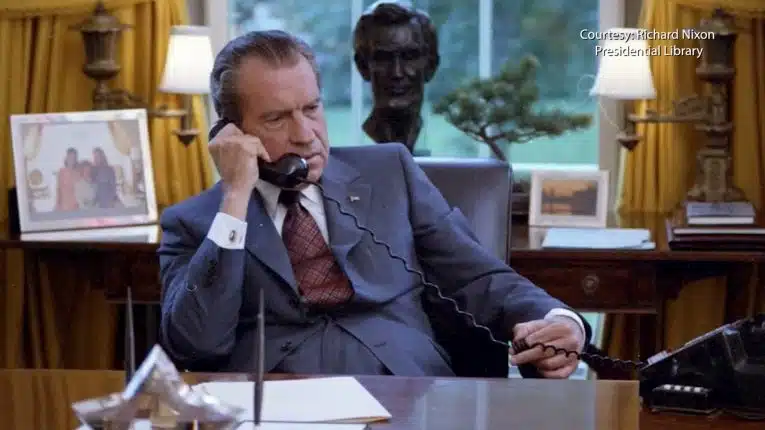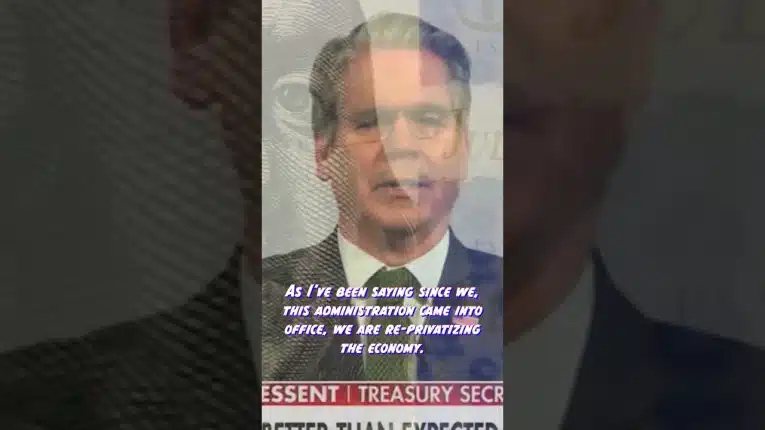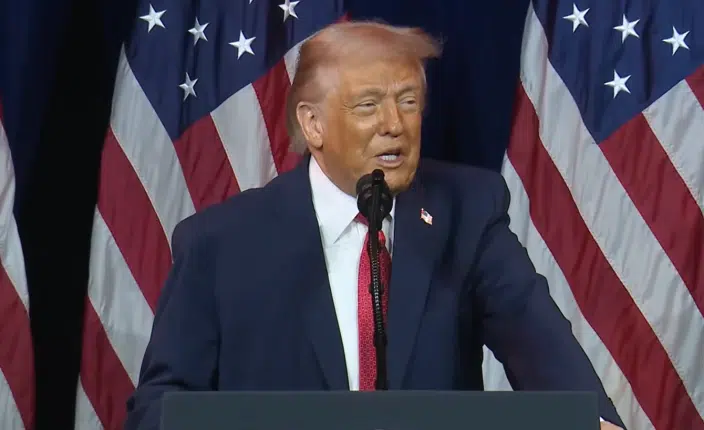President Donald Trump, the federal and state governments are leading an unprecedented nationwide response to the Chinese coronavirus outbreak, shutting down vast portions of the U.S. economy, closing schools and government offices, all to save the lives of seniors and those with underlying conditions who are the most endangered by the virus.
More than 52 million Americans are aged 65-years-old-and-older. Of those, 21 million are 75-years-old-and-older, and 12.6 million are 80-years-old-and-older.
The fatality rates reported out of South Korea suggest a 4 percent fatality rate for those 65-years-old-and-older infected with the coronavirus, versus about 0.9 percent fatality rate for the seasonal flu. The fatality rate rises to 15 percent for those 80-years-old-and-older in other locations like China. South Korea kept theirs down to 7 percent.
If everyone got sick, that suggests more than 2 million might perish as hospitals, doctors and nurses were suddenly overwhelmed. A national catastrophe. But a preventable one if we stay away from one another.
To avert the worst case scenario, the government is sacrificing the economy and most probably causing a major recession while tens of millions of Americans are being temporarily furloughed and placed on paid and unpaid sick and family medical leave. A national emergency has been called, and the President is invoking several provisions of federal statute to suspend regulations to get a vaccine developed and testing across the country, build hospitals and manufacture needed medical supplies. International travel has been mostly suspended.
It is a nationwide mobilization akin to wartime, necessitating tens of millions Americans to unite for one purpose in order to save the lives of as many as possible and to salvage as much of the economy as can be from the fallout.
Sometimes, such a prolonged crisis politically can result in a rally around the flag effect for the incumbent. This was the case for Franklin Roosevelt with the Great Depression and World War II, and George W. Bush following the terrorist attacks of Sept. 11, 2001.
The idea is that in a time of national crisis, the American people will rally to the President regardless of party. The cases mentioned, the Great Depression and World War II, truly were national efforts where Americans united with common cause to rebuild the nation shattered by deep economic recession and monetary deflation, and then to defeat fascist Italy, Nazi Germany and imperial Japan.
Arguably, Lindon Johnson in 1964 had a similar effect following the assassination of John F. Kennedy in 1963, as did George H.W. Bush following the Persian Gulf War in 1991, albeit short-lived as he went on to lose his reelection bid in 1992 to Bill Clinton.
Conversely, Herbert Hoover in 1932 with the Great Depression, Jimmy Carter in 1980 with the Iran hostage crisis and the aforementioned elder Bush in 1992 with a recession show presidents who didn’t make the cut when it came to addressing a national crisis when they faced voters for a second time.
This is why we elect presidents, to deal with crises. Some succeed, and others fail.
So, which will happen for Trump? Certainly, he gets credit for trying, taking unprecedented emergency actions to contain a deadly virus, and one can argue that the nation has already rallied to the cause, working together across party lines. Governors Andrew Cuomo (D-N.Y.) and Gavin Newsom (D-Calif.) have praised the administration’s response to provide assistance to New York, California and other states hit hard by the virus.
But the overall political outcome will likely depend on how successful the coronavirus public policy response is at convincing Americans to engage in social distancing, thereby reducing the number of cases and saving lives. And on how well the government deals with the certain economic fallout of millions of Americans being temporarily out of work.
And, perhaps most importantly, on how seniors respond to the crisis. All these sacrifices are being made to protect the most vulnerable, and so do they feel protected? For Trump’s war on the virus to be victorious, he needs older Americans to fully opt in.
Early indicators in Florida — which has among the highest percentage populations of seniors — show President Trump faring pretty well in match-ups against former Vice President Joe Biden. For example, a March 6-12 Univision poll shows Trump leading Florida 48 percent to 45 percent, and 51 percent to 44 percent among those older than 50.
53 percent say the government is doing enough to contain the virus, including 56 percent of those older than 50. That’s about as well as Trump did nationally in 2016, when he beat Hillary Clinton among seniors in the CNN exit poll nationally and in Florida. Watch for that number to rise significantly over the coming days and weeks once the de facto national lockdown is taken into account.
So, if Trump does experience a surge, particularly among older Americans across party lines most concerned about the virus and favoring his aggressive approach to containing it, it has the significant possibility of tilting the election in his favor come November. It is hard to imagine Trump winning without seniors.
Or it could be Trump wins the war against the virus, but the economy and the election are among the casualties.
Perhaps rationally we should all hope Trump is rewarded politically for acting so boldly. Next time, a virus might target children or young adults. In order for such a response to be replicated in the future, it must be sustainable politically.
If the President’s efforts are in vain, the next time we have a crisis like this, the government might just let the vulnerable die out of economic and downstream political concerns. One thing the Trump administration can absolutely say is that it is prioritizing the lives of Americans, particularly seniors, over any political advantage or economic concerns.
The thing to watch in the coming days will be the number of new cases, now increasing as nationwide testing proliferates.
It’s risky, particularly with the economic turmoil but that fallout may very well have been unavoidable whether the government proclaimed a shutdown or it didn’t. Europe resisted a lockdown until the situation was untenable in Italy and it was forced on them. Likely businesses and states would have shut down either way even if Trump had preferred a laisse faire approach. Trump chose early on to get ahead of the curve, sealed the border with China and has been ramping up ever since.
The question now is will Trump’s approach, including by banning overseas travel and encouraging businesses and schools to close, help to bend that curve downward? If it does, when the number of new cases are dropping, Trump will be able to campaign in November on having saved the lives of potentially millions of seniors, who may thank him by reelecting him President.
Robert Romano is the Vice President of Public Policy at Americans for Limited Government.







